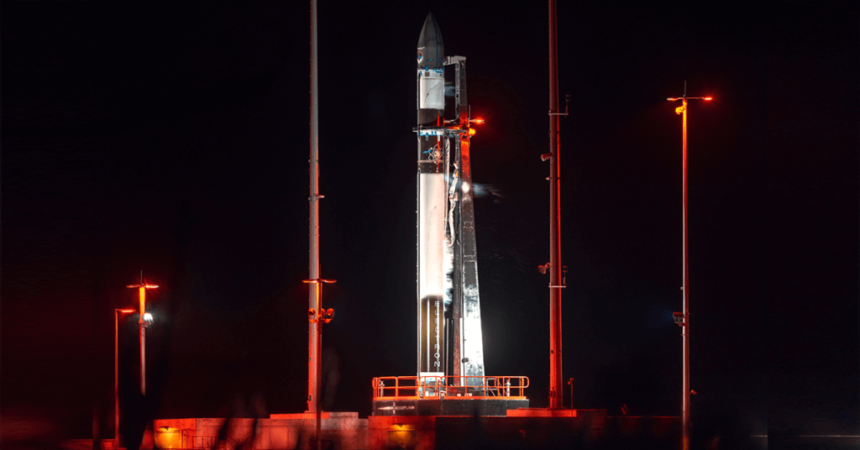Rocket Lab has scheduled a 14-day launch window starting on April 24 to deploy two satellites from U.S. and South Korean space agencies.
The “Beginning Of The Swarm” mission in Mahia, New Zealand, will send Electron into space for the 47th time to deliver payloads from the Korea Advanced Institute of Science and Technology’s Satellite Technology Research Center and NASA’s Advanced Composite Solar Sail System, the company said.
For KAIST, Rocket Lab will carry NEONSAT-1, an Earth observation satellite with a high-resolution optical camera and artificial intelligence capabilities to monitor natural disasters along the Korean Peninsula.
Meanwhile, Electron’s second payload will bring the ACS3 spacecraft into orbit, enabling NASA to collect flight data to inform the design of future composite solar sail systems for space weather early warning satellites and other small body reconnaissance missions.
According to Rocket Lab, the upcoming space launch will employ Electron’s Kick Stage capability to perform multiple engine burns in space and deploy individual satellites to targeted orbits.
During the mission, the rocket’s Curie engine will initially ignite to release NEONSAT-1 to its pre-mapped destination of 520 km circular Earth orbit. The Kick Stage will then perform a series of burns to deploy ACS3 and prepare for its return.
The Beginning Of The Swarm mission, Rocket Lab’s fifth launch in 2024, will again demonstrate the company’s deorbit maneuvers to support sustainable space operations.


